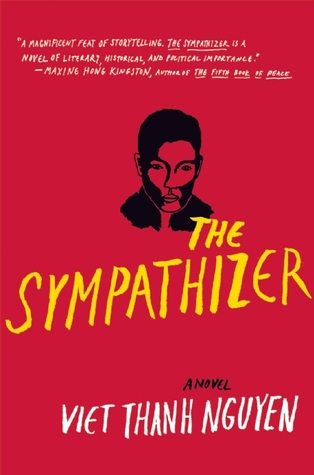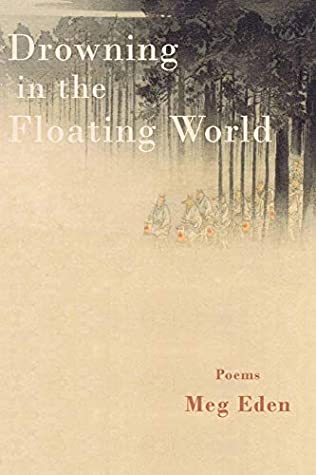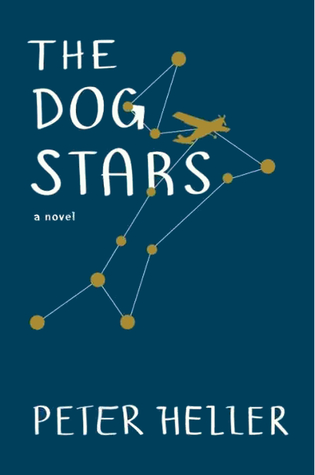Only five books to start the new year, but I’m close to finishing a couple of others, so my total for February might be higher.
The Sympathizer by Viet Thanh Nguyen won the Pulitzer Prize a few years ago, and I’d say that was well deserved. The narrator is in a prison camp giving his “confession” to the commandant, and that confession makes up most of the book, although the last quarter goes beyond that. We learn early on that he was an agent of the North embedded in the Southern army and fled with his commanding general when Saigon fell. He ended up in Southern California, first in a refugee camp and then in a minimum wage job working for the Department of Oriental Studies at the same college he had attended years earlier on a scholarship arranged by the CIA, but still doing the General’s bidding. Also, secretly reporting to the Communists about the activities of the refugees. There is a wonderful twist that I did guess at about halfway through the book, and it makes the book’s climax all the more dramatic.
Our Magnificent Bastard Tongue: The Untold History of English by John McWhorter is a short book about the development of English from its proto-Germanic roots brought to the island that is now England by the Angles and Saxons. McWhorter has a sharp wit and so the story is often funny, mostly at the expense of people—pedants and other linguists—with whom he disagrees. For example, his main argument in the first half of the book is that English was shaped by speakers of the Celtic languages with whom the Angles intermingled, a position of which he seems absolutely certain but that (he says) is dismissed by other historians of the language. He goes on to dismiss a variety of other theories and hypotheses about various aspects of our grammar in comparison to other Germanic languages. I can’t say for certain that he’s right, but he does make compelling arguments. While the influence of Celtic languages on English is interesting, if controversial, the last chapter on how the Germanic languages branched away from the other Indo-European languages in various aspects is fascinating. McWhorter hypothesizes that ancient Phoenicians arrived in the area that is now Denmark and vicinity and that their semitic language mixed with the language of the locals resulting in a number of consonant shifts and new words that other Indo-European languages such as the Romance languages do not have. Not much hard evidence, but interesting to think about.
Drowning in the Floating World by Meg Eden is a collection of poems set against the backdrop of the 2011 Great East Japan Earthquake and Tsunami. As the tenth anniversary approaches, I read these poems with a kind of terror. The disaster killed at least 28,000 people and continues to impact Japan and the world today. The poems are stark and often shocking, which gives them a rare kind of power. The catastrophe was almost unimaginable—watching the footage of the tsunami destroying cities is very painful—and yet the poems give it a human scale. The pain is focused on the people who suffered, who died or who lost loved ones. It’s a challenging book, but worth the read.
Feel Free by Zadie Smith was my book club’s selection for January 2021. It’s a fairly long book, with lots of essays on a variety of topics, including a lot of cultural criticism that reveals much about her along the way. Smith is terrific. The book is divided into sections, grouping essays around different topics. The broadest category, called “In the World,” contains essays about bigger issues and events. The next three are generally about culture—one on theater, one on art, and one on books—and the last is more personal, dealing with her own life, family, and travels. I’m not sure what the book club will talk about, but I plan to read more of Smith’s fiction (because I’ve read only her novel Swing Time, and I liked it).
The Dog Stars by Peter Heller is a post-apocalyptic story, and as soon as I realized that I regretted my decision to read it. (Because aren’t we IN the post-apocalypse?) But I read on just to get it over with. It’s nine years into a flu pandemic that killed just about everyone and destroyed civilization, but Hig, whose pregnant wife died from the flu, is holed up in an abandoned private airport community with another straggler, Bangley, a gruff old guy with a military background whose murky past is only hinted at. Oh, and many other species have suffered similar fates, either from the flu or global warming, or both. So Hig and Bangley are just trying to survive, although why they want to keep living is a serious question that they don’t seem to address. In the process, they kill off visitors who are more than likely out to kill them and take what they’ve got, which is a working airplane, fuel, guns, and food. But Hig begins to long for contact with the outside world, so he goes off in search of it. Heller has written a lot of non-fiction about the environment and the outdoors, and he writes about the setting of this story beautifully. It’s less effective when he’s trying to show us emotions, in which case it gets pretty melodramatic.






